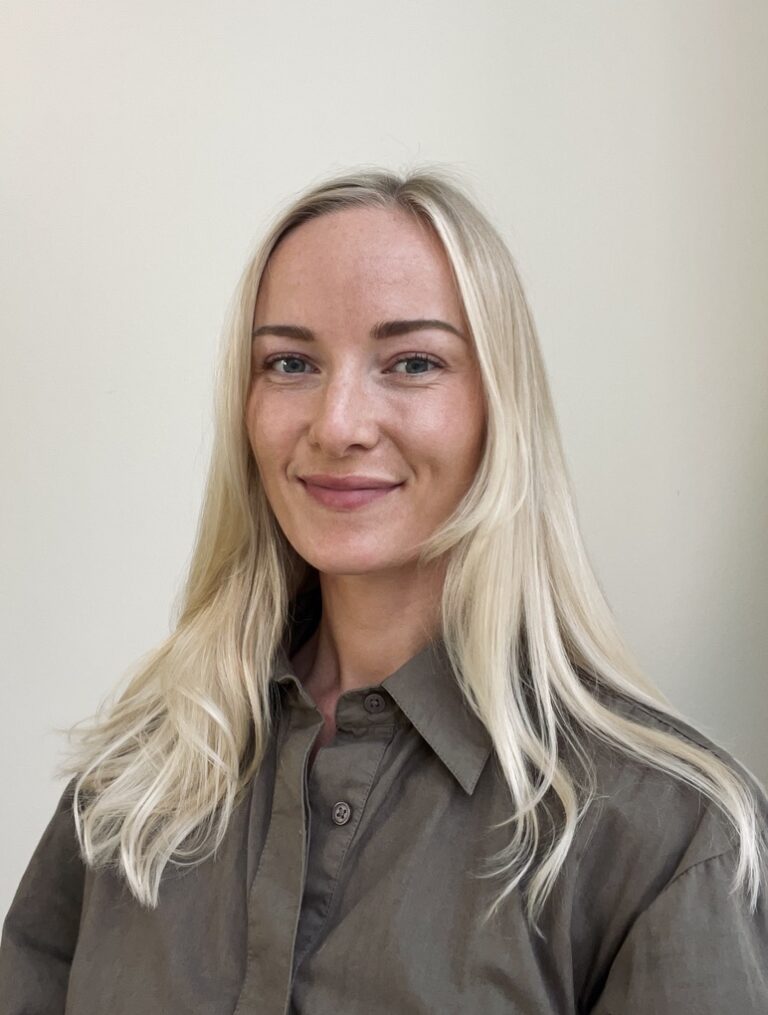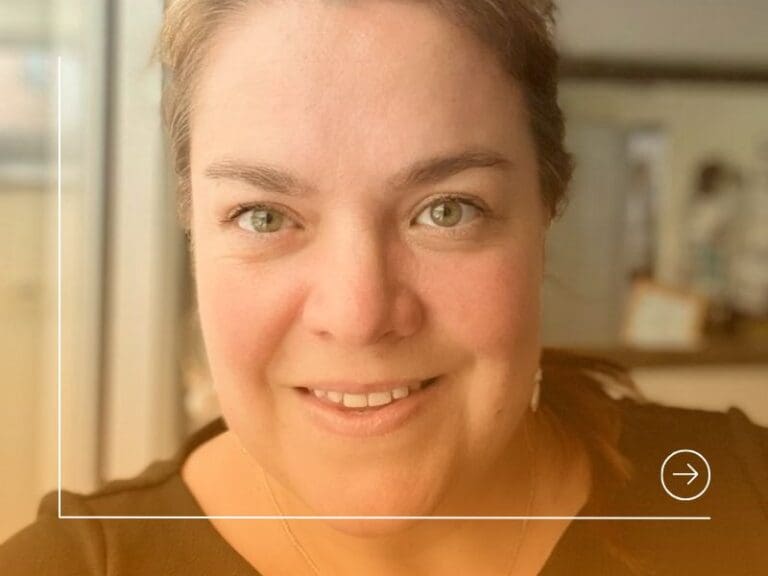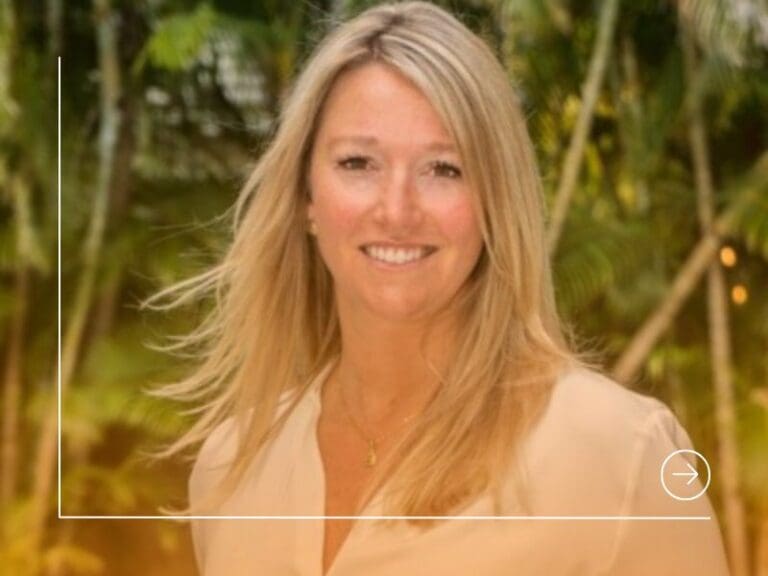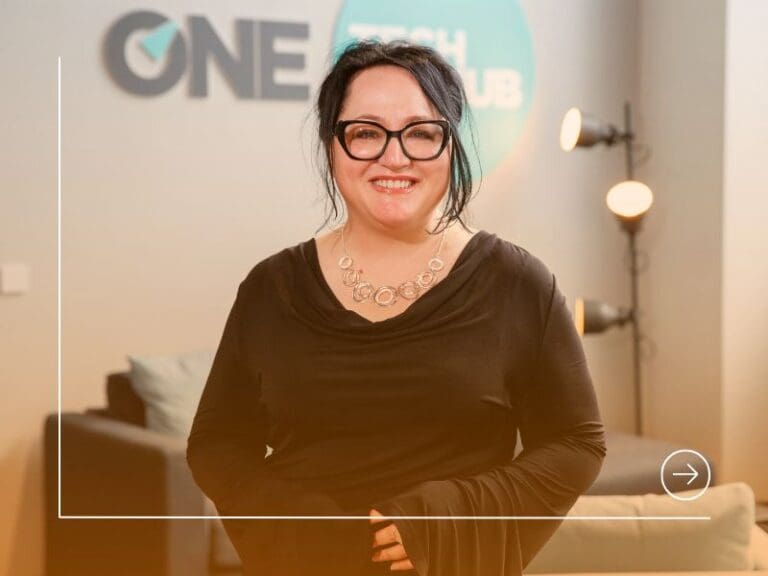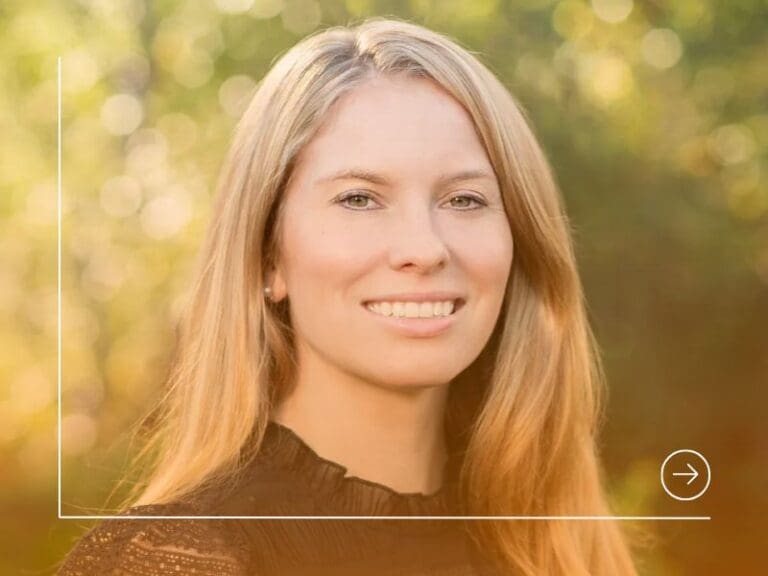It was an adventurous path that led me to discover the field of data science.
I initially began my studies focusing on architecture! In my final year at the University of Copenhagen, while studying for a Bachelor of Science with a specialization in Data Science, I landed a student worker role with the LEGO Group in the Data Engineering team. After graduation, I secured a full-time position as an Associate Engineer. Now, I’m a Data Specialist and continue to work on the company’s self-service data platform.
Tell us a bit about yourself, your background, and how you came to work at the LEGO Group.
I’m 29 years old and grew up just outside of Copenhagen. I’m a visual nerd and design enthusiast with a passion for food (both cooking and eating). I love exploring the city I live in, spending time with friends and family, or brewing creative projects.
At work, I’m part of the Data Compliance and Integrity team, developing services to build and maintain trusted and compliant data products within the company’s self-service data platform. My tasks intersect platform, data, and software engineering, ranging from backend development and integration tests to user-facing documentation and guidelines. Recently, I transitioned into a Data Specialist role to focus more on data insights and analysis.
I first heard about the digital aspects of the LEGO Group from a good friend who was hired as an IT Engineer shortly after the Copenhagen Digital Office opened. She spoke very highly of the culture, opportunities, and work-life balance there. Over time, I began asking her to keep me updated on open student worker positions, which eventually led to me securing a part-time contract in the Data Engineering Team.
What motivated you to switch from studying classical architecture, humanities, and journalism to pursuing a B.Sc. in Data Science?
I think the process can be best described as a staircase with two steps:
a). After starting at the Royal Danish Academy, I found that my creativity and motivation were fueled by a curiosity for human behavior and experiences—studying theory and devising concepts that the physical layout of my projects should support. Looking back, I already had an interest in data-driven design from the beginning. As this became more apparent, I decided to pursue a degree in humanities to better equip myself for studying human behavior. An important detail is that back then, Denmark had something called Fremdriftsreformen, which meant that I could not study a new bachelor’s degree for free once I graduated. Roskilde University seemed like the perfect match as the first year consisted of mandatory introductory courses in all major areas of humanities. I then combined this interest in real-life human experiences with my passion for communication by specializing in Performance Design and Communications.
b). During my studies at Roskilde University, I found myself at a crossroads. While I was building a foundational understanding of how to study and theorize human complexities, I couldn’t see myself pursuing this as a career. I had to go back to the drawing board mentally, which was a scary thought. I couldn’t help feeling like a failure. This was the second time I considered dropping out of a program before graduating. Thankfully, Data Science came into the picture. One evening, during a slightly frantic Google session, this new program from the IT University in Copenhagen popped up. I had never thought of something like this before. I knew nothing about it. At that point, I identified so heavily with the qualitative field, the Arts, Humanities, and artistic expression. I had never touched any code before. Computers were a foreign world to me. But somehow, the idea of learning how to systematically extract insights about our world through large amounts of data, almost any data, was so compelling. Moreover, I saw something very liberating in learning a set of skills, collecting a toolbox of techniques that I would be able to apply in so many different contexts. I had absolutely no idea whether I would be able to succeed in this world. But I had to give it a chance.
Can you share some experiences or challenges you faced while transitioning to a technical field?
The biggest challenges I’ve faced have stemmed from my own insecurities. While I’m not overly enthusiastic about the term, it might be best described as imposter syndrome—the creeping feeling that peers or colleagues are more capable or deserving than yourself and that you’d do anything to not have your own incompetence revealed. I still struggle with this today and have had to establish some healthy habits regarding my self-perception and accomplishments.
What attracted you to join the LEGO Group initially as a student worker, and what has kept you engaged with the company as a full-time Data Specialist?
Initially, I was attracted by the company itself. I was intrigued by the core values, the company’s size, and the fact that the established LEGO® brand was more than “just” bricks—it was also a largely digital organization. After a short while, my continued engagement was largely built on the general learning culture as well as the support and openness I experienced from my colleagues. Suddenly, at the LEGO Group, I was dealing with backend engineering, API development, and CI/CD pipelines—entirely new aspects of technology that I wasn’t being taught at university.
Despite being the only student worker among a group of highly experienced engineers, my colleagues made me feel welcome, appreciated, and valuable during a time when I felt insecure. This allowed me the space and bandwidth to focus on learning and improving. I found that giving people the space to learn and explore in a very non-hierarchical way is an integral part of the organization. Both aspects still play a big part in my motivation today, along with the flexibility, ownership, and mandate as engineers when we build new solutions, which rely on trust. I think this is really key to a healthy workplace.
Can you describe a project you’ve worked on at the LEGO Group that you’re particularly proud of?
I’ve been part of developing an API service that enables teams across the entire organization to stay compliant when handling personal and sensitive data. It’s pretty cool to have been part of developing such a service from ideation to maintaining and improving a production-ready solution that provides value to people in the organization.
What advice would you give to young women considering a career in tech, especially those coming from non-technical backgrounds?
a). Don’t ever assume that you’re not capable or that you’re just inherently not a “techy” person. Tech is not some obscure realm of affairs reserved for logical geniuses—it’s just unfamiliar territory. In the workforce, if you meet someone who seems a lot better than you, it’s likely because they’ve just tried it more times. A key aspect is trying not to compare yourself to others, which is extremely difficult. We all have different strengths and backgrounds, and I’ve really had to learn the value of what I bring to the table—both in terms of concrete skills and personal strengths. To me, tech is not only about being the best at solving complex statistical challenges or knowing the latest Large Language Model on the market, but also about being able to apply what you learn in a world that is fundamentally non-digital. This requires knowledge of and experience with the context in which we place a piece of technology.
b). Don’t let yourself get overwhelmed. The tech field is vast and versatile, and everything evolves at a blazing speed. Stay curious but focus on the areas that interest and excite you the most, and find collaborators, colleagues, or peers who can complement your strengths.
c). Let yourself get excited and celebrate your successes. Entering the realm of programming, engineering, and math is in many ways like opening the gate to a binary-based, parallel universe. It requires time and dedication to get into the mindset and rhythm—and you will fail sometimes. Remember to appreciate your own efforts, growth, and successes along the way. In tech, you’ll always be on the learning bench.
d). Go out and talk to people who are already engaging with something similar to what interests you. It could be anyone—a teacher, your cousin’s friend, or someone you meet at an event. It’s valuable to get many different perspectives from real-life experiences. Listen to their stories, be mindful of their time, and be conscious of what you want to know more about.
Looking back at your journey, is there anything you would have done differently or any particular decision that you’re especially glad you made?
I wish I had appreciated my own efforts and bravery a bit more, both during my studies and today. I’m thankful that I took the chance to switch to Data Science, which led me to pursue the path I’m currently on—contributing to the development of tools and services that bring value to data practitioners at the LEGO Group.


